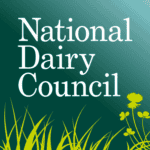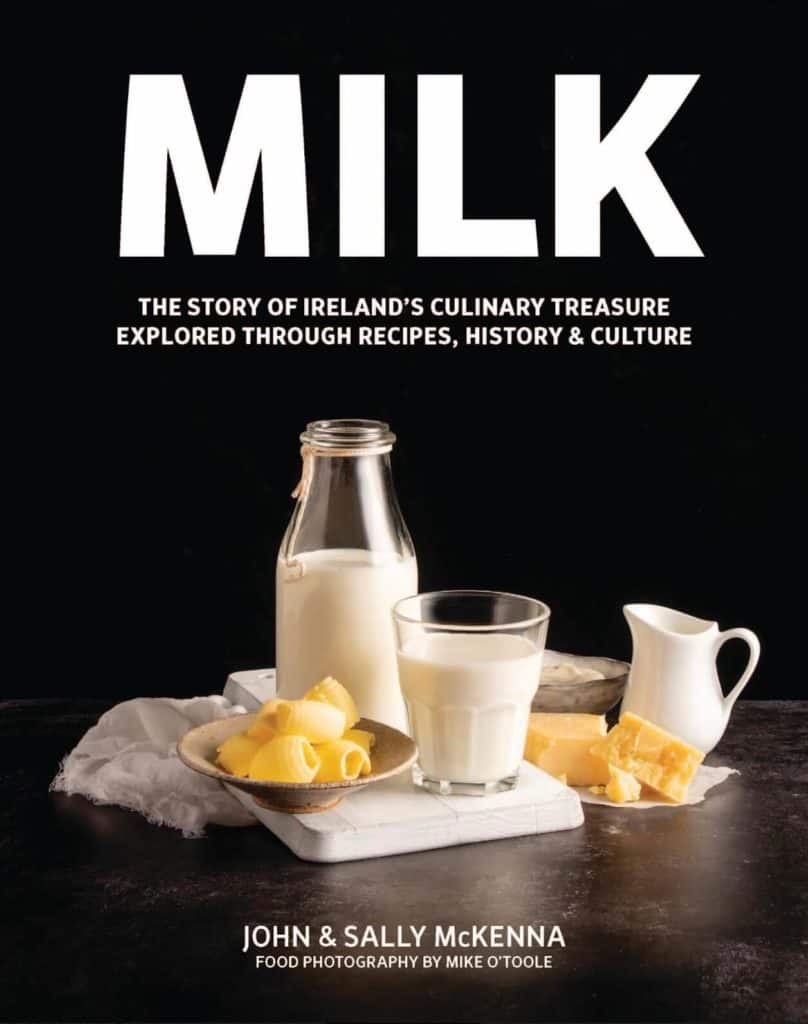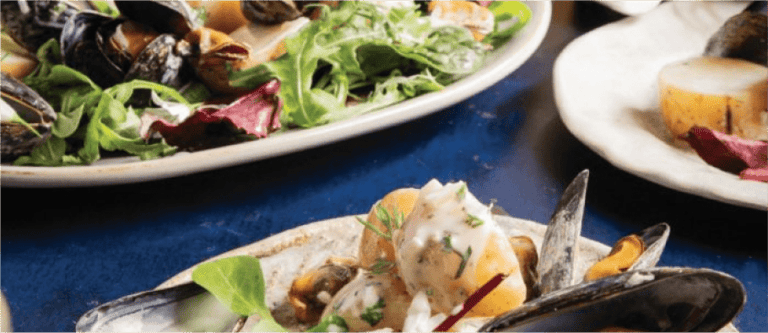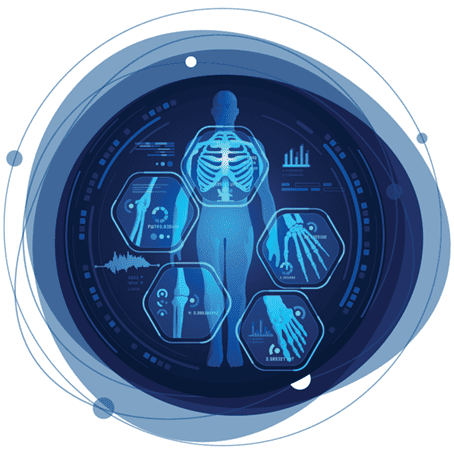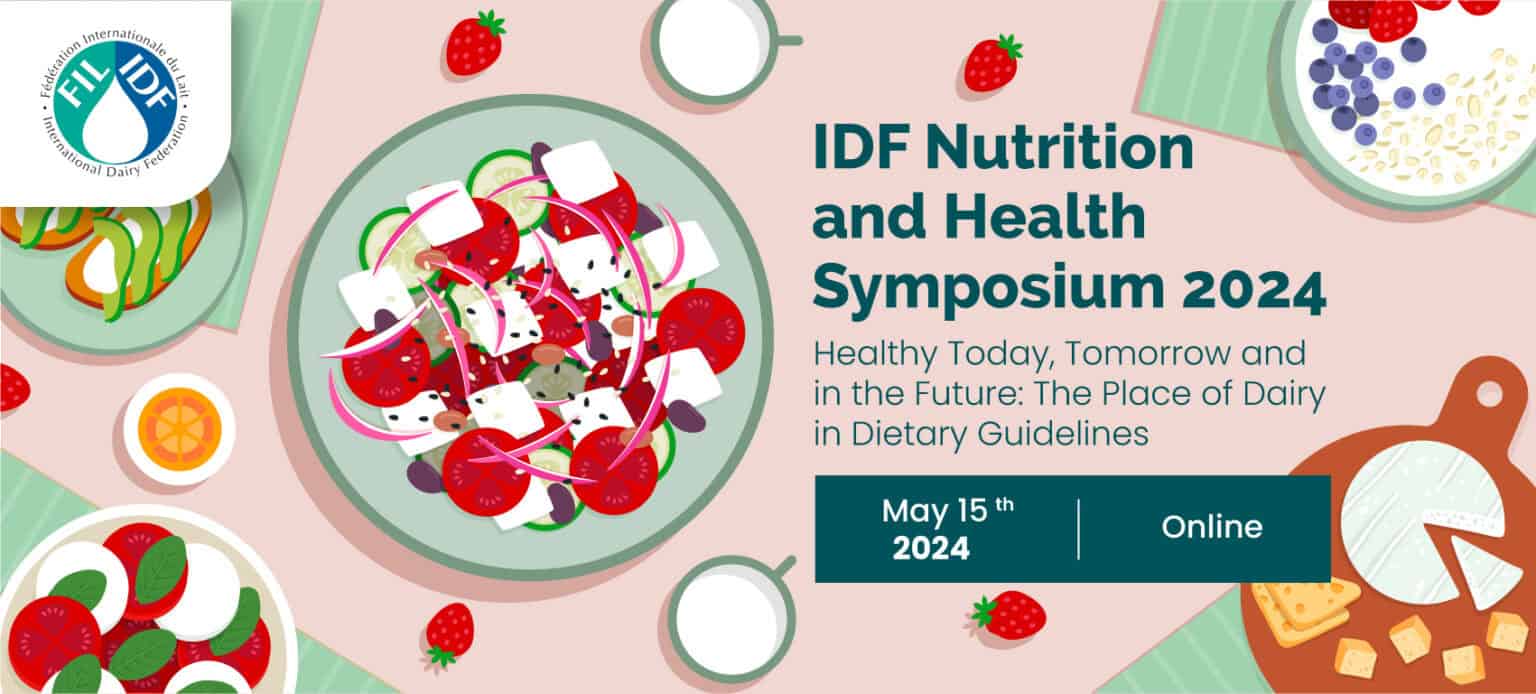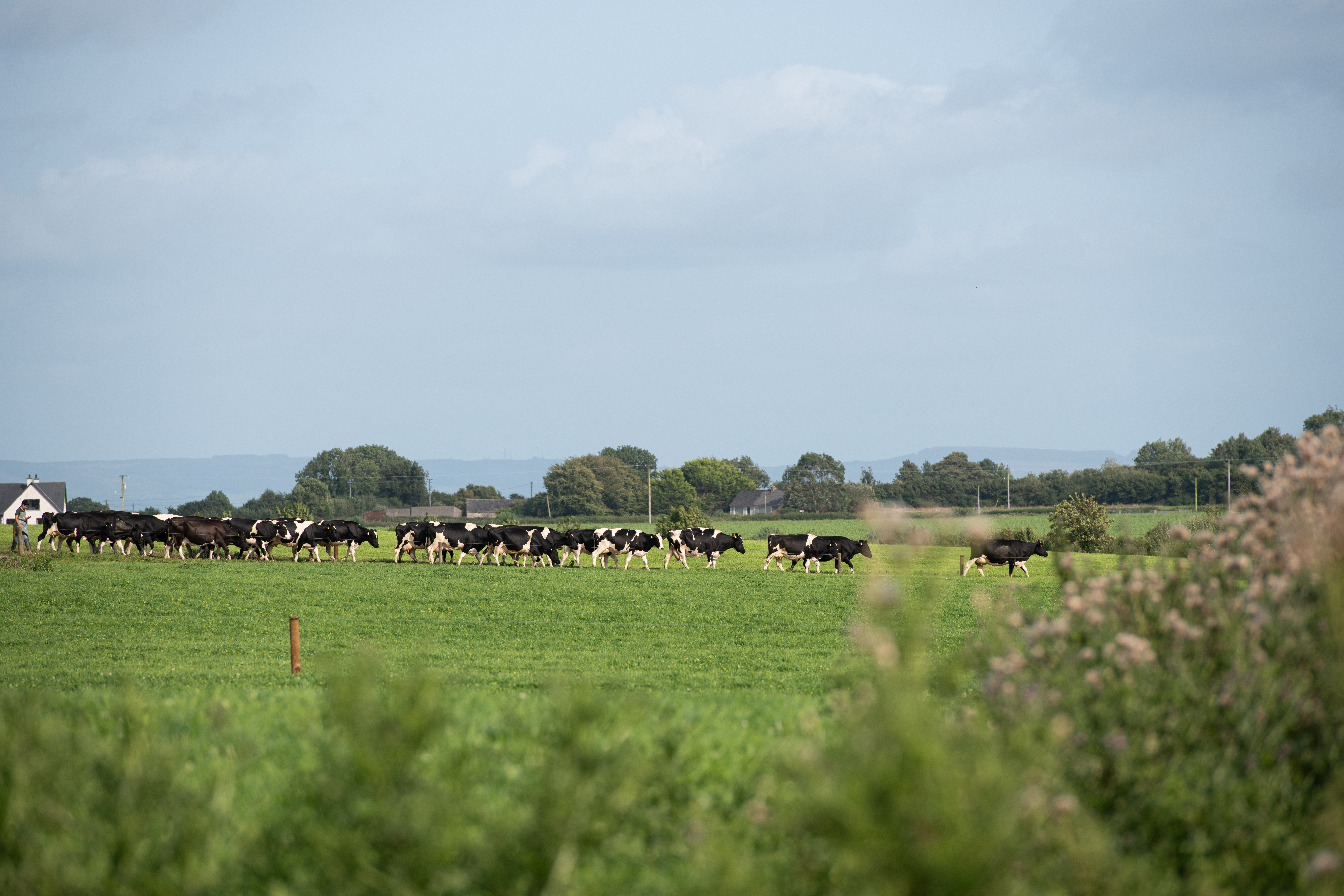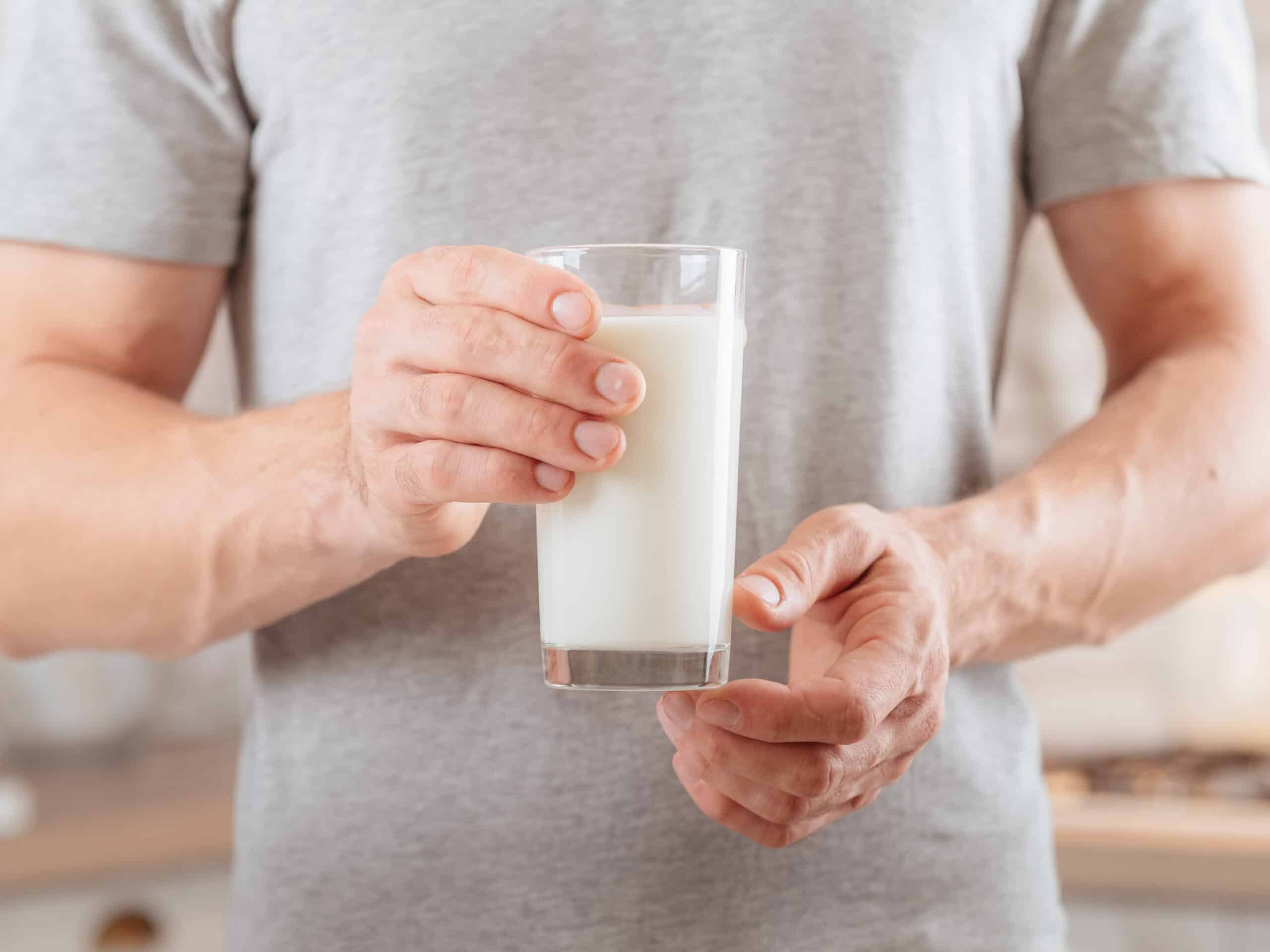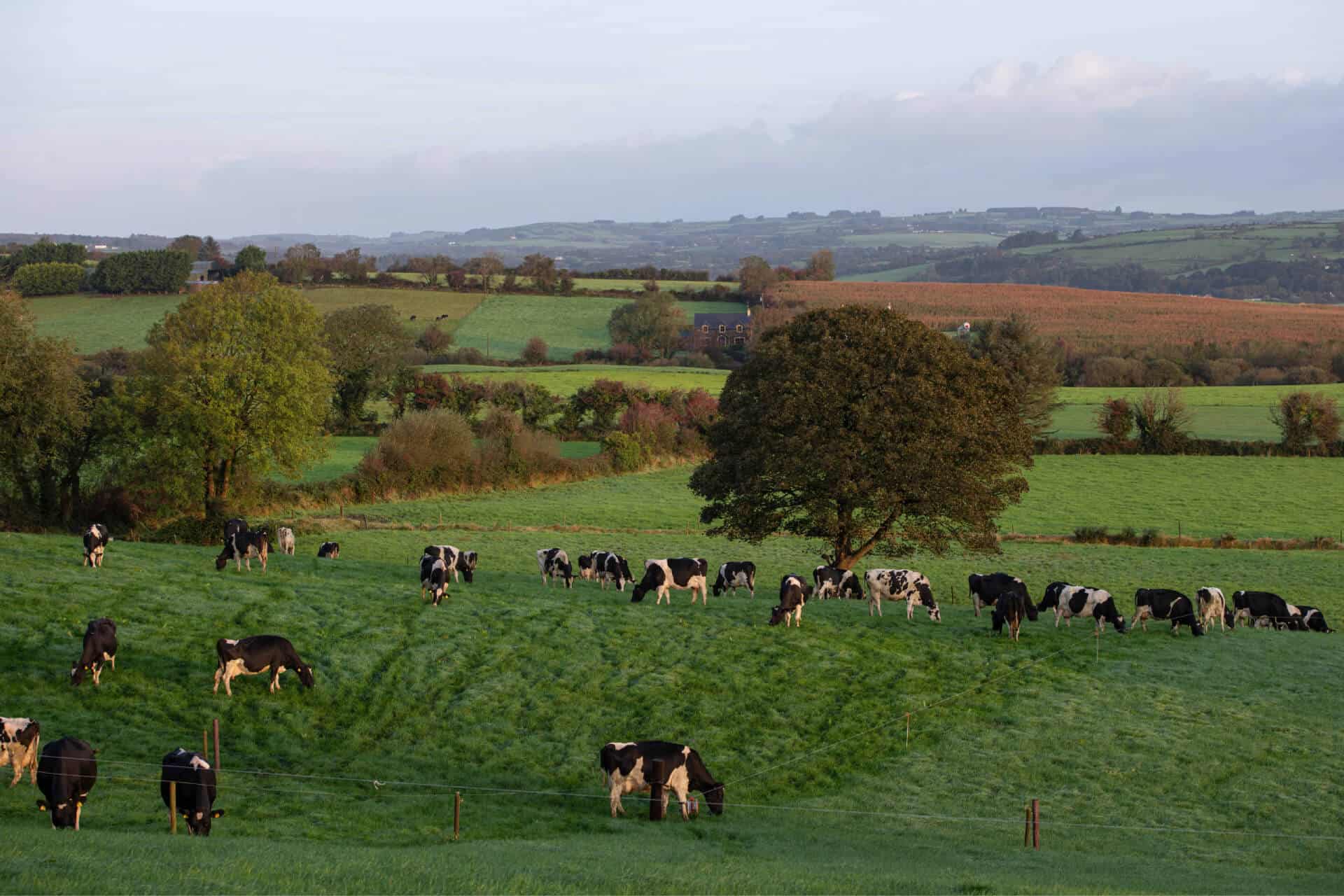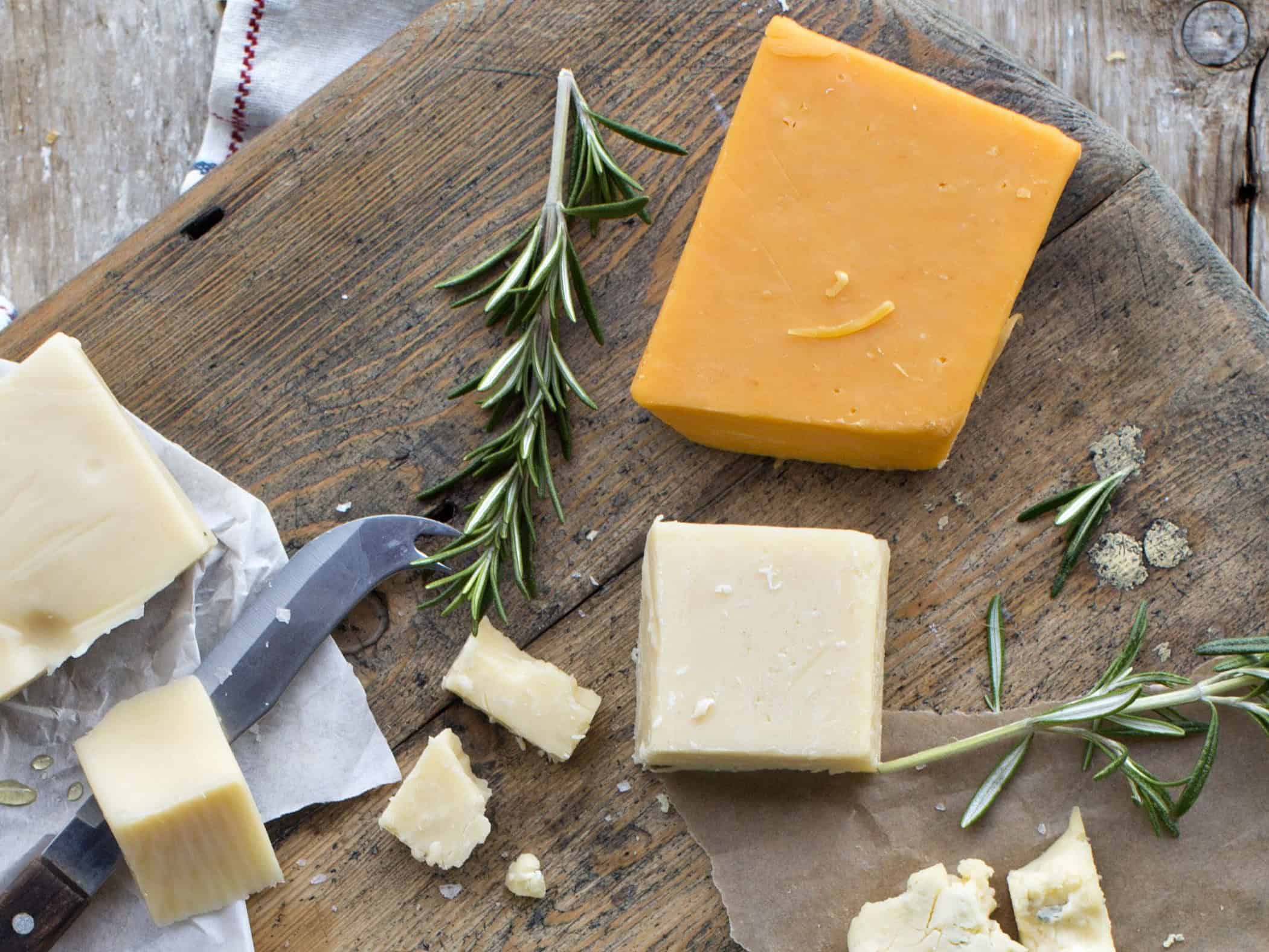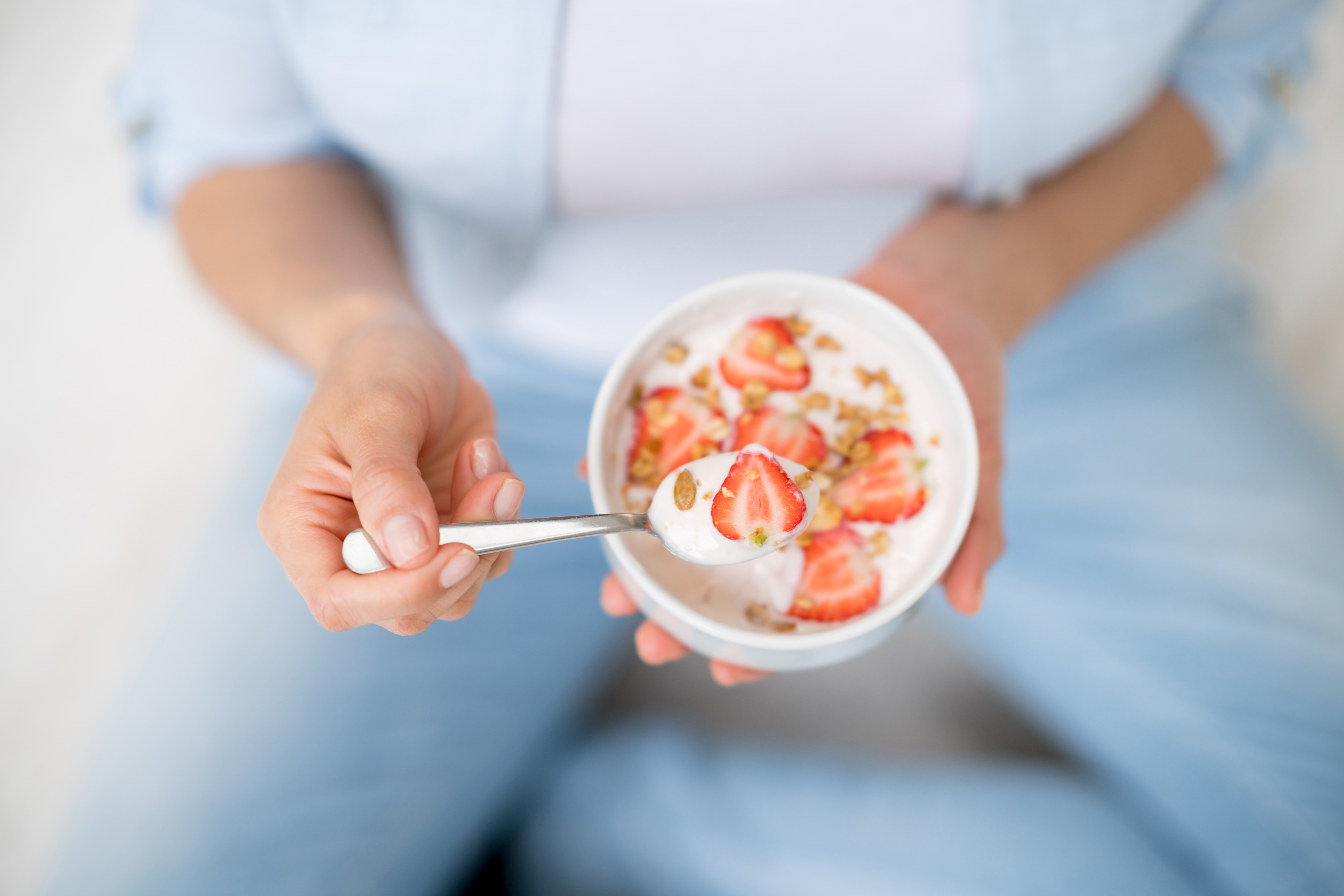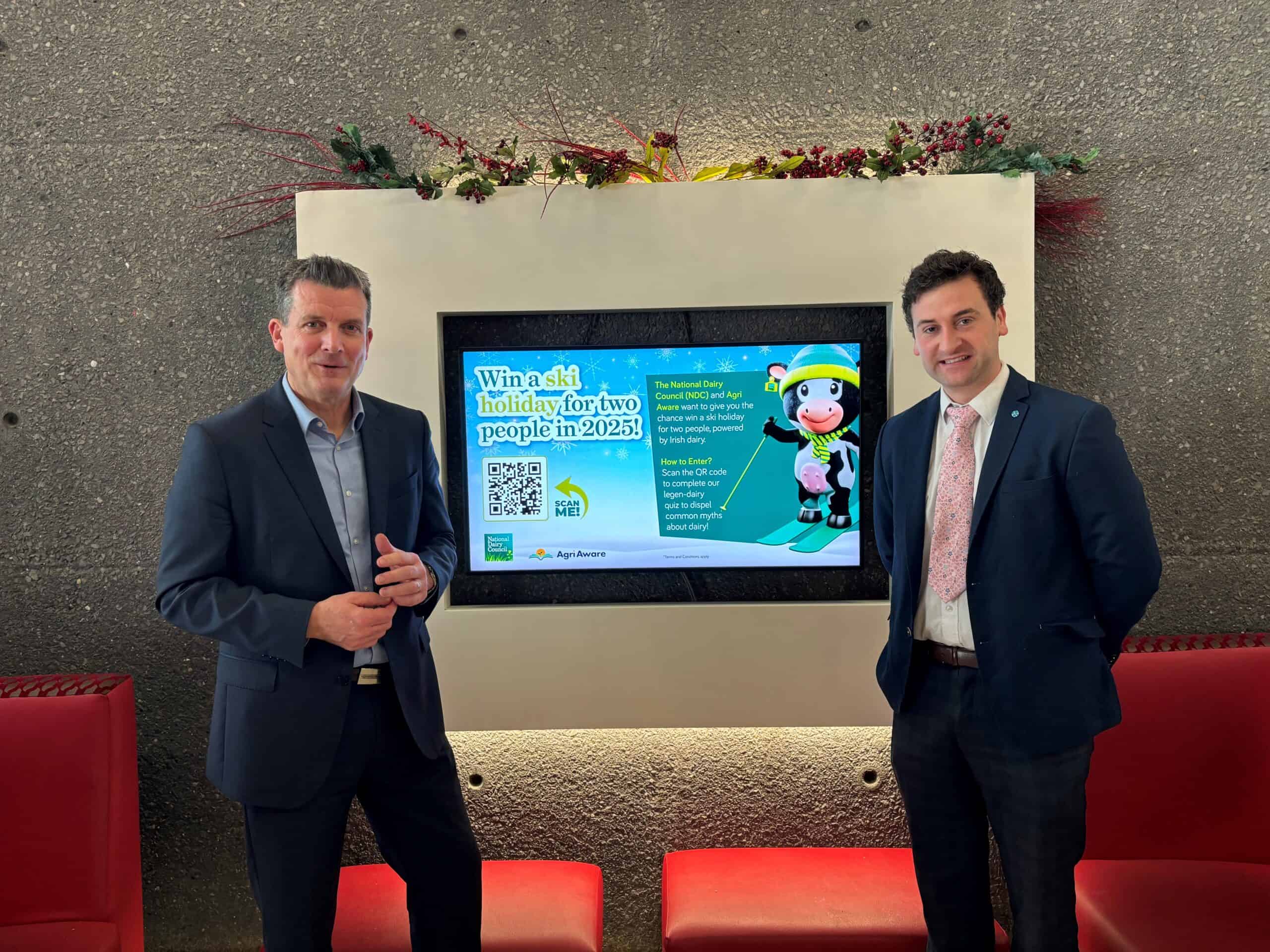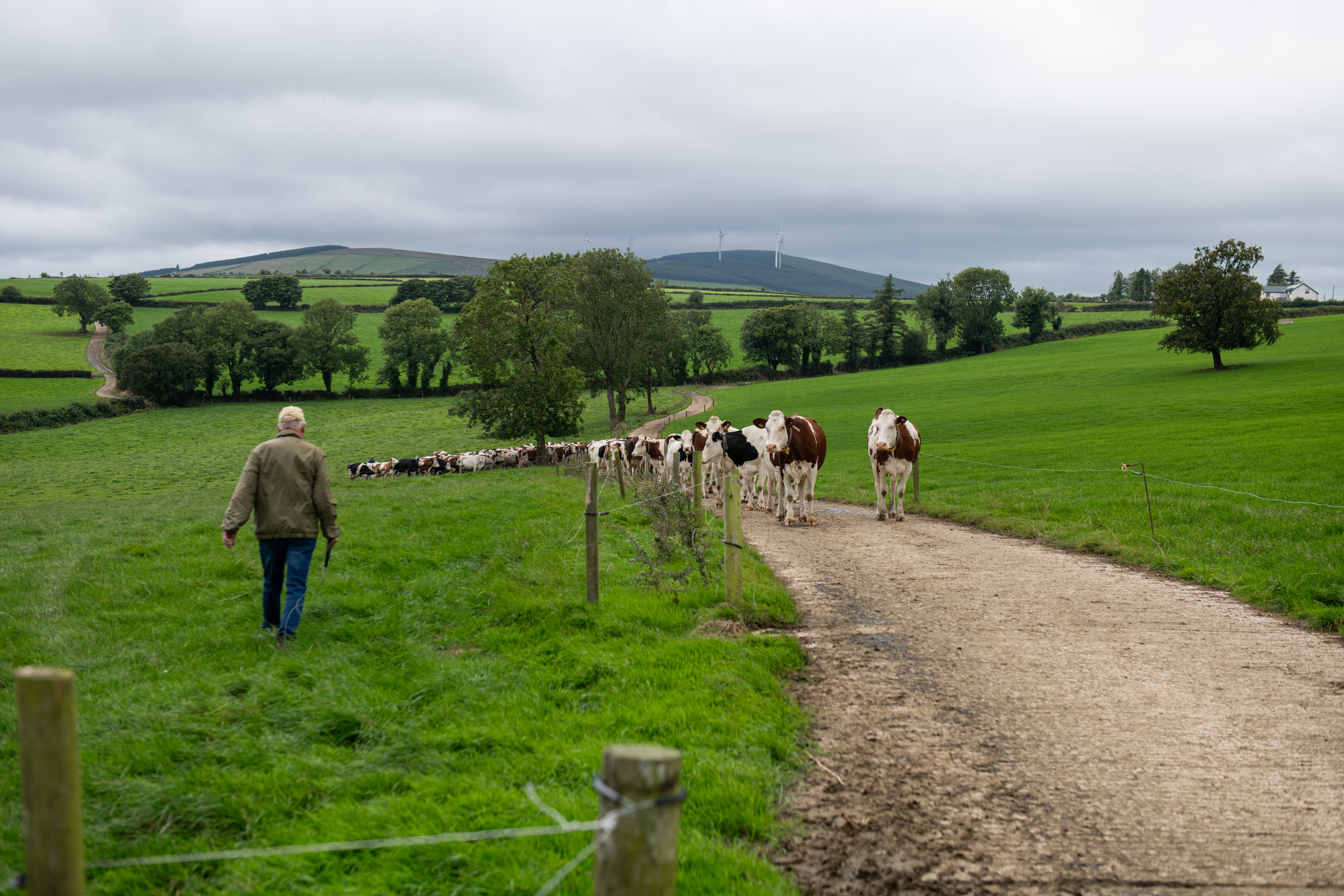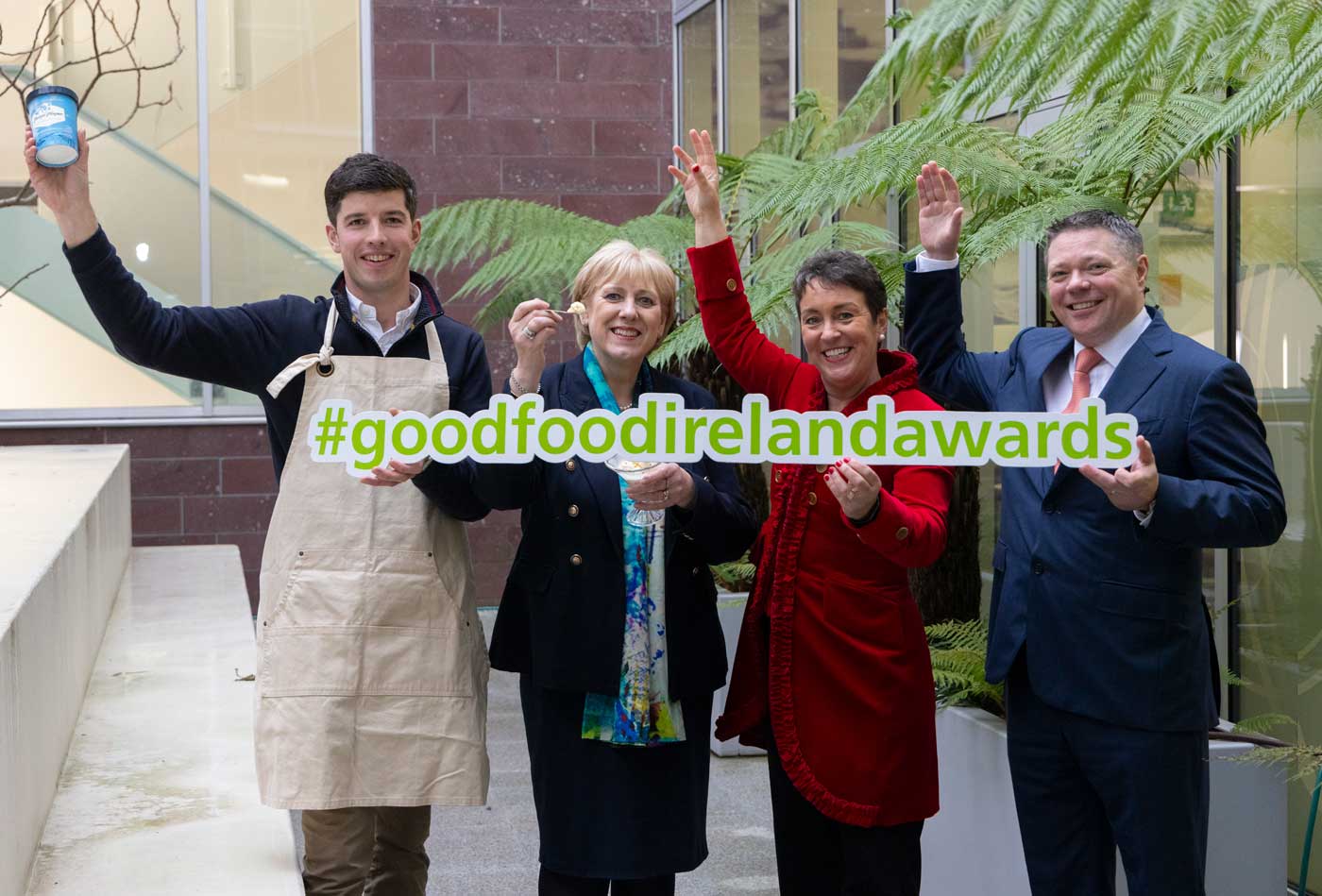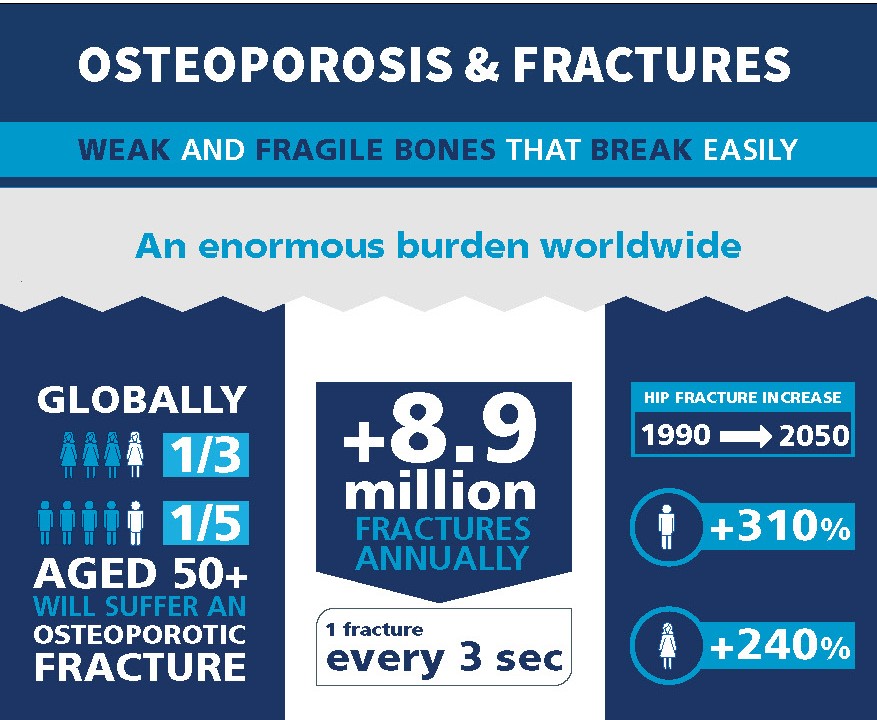Everyone is aware nowadays of the importance of eating more mindfully for our health and for our planet. In a recent survey conducted by the NDC on Ireland’s eating patterns, 84% of Irish consumers said they had made one or more changes towards eating a more sustainable diet. Speaking today at the International Dairy Federation Nutrition and Health Symposium, Dr Sinead McCarthy of Teagasc said
“Food based dietary guidelines (FBDG’s) are developed to provide advice on the amounts and types of foods needed to promote health and wellbeing in a population. In recent years, there has been move towards developing dual priority guidelines that align with both population and planetary health. Just like we have had traffic light systems on foods for health, we will soon see similar guidelines on products relating to their carbon footprint”
National guidelines are tailored to suit cultural preferences, food and nutrition security, and aim to reduce the risk of diet related diseases. Nevertheless, many are being challenged to consider the environmental impact of food production, leading to a shift in plant-rich diets with less reliance on animal-sourced foods.
Sustainable diets are commonly considered as eating patterns that simply focus on reducing climate change; however, they encompass much more than this and would not be ‘sustainable’ if they focused on this issue alone. As the name suggests, sustainable diets must be something we can maintain in the long term. Therefore, in addition to considering the environment, they must also be healthy, affordable, and acceptable to eat. When dairy is considered across these parameters, it can play a valuable role in a balanced, sustainable diet. Therefore, dairy continues to be included in international guidelines for sustainable eating, such as those from the United Nations and the World Health Organisation.
NDC research also showed that in Ireland only 4% said they follow a vegan or plant-only diet, with the same number believing this to be a more sustainable eating pattern. However, cutting out whole food groups does not appear to be a realistic solution on a population level.
Dr McCarthy said
“Trying to change a diet too drastically is unlikely to work. Some people may need to reduce meat for example, while others may not eat a lot, so general advice to reduce it may lead to nutritional deficiencies for some. Others may need guidance to increase plant foods in their diets, but maintaining balance is important. We also forget that high fat and sugar treats, wine, or even coffee have a carbon footprint too but are not actually essential or even highly nutritious”.
Dairy foods are, by nature, nutrient rich – providing high quality proteins and bioavailable nutrients in a unique combination and structure, known as the dairy matrix. They contribute significantly to micronutrient intakes, including under consumed nutrients, across the life course. Research shows that milk and dairy foods help to optimise the nutrition and health effects of plant-rich diets. Drastically reducing dairy from FBDGs could impact nutrition security, the burden of non-communicable diseases, and increase the risk of micronutrient deficiencies and malnutrition in vulnerable population groups.
So what can we do to eat more mindfully for the planet whilst also protecting our health? Here are some top tips from the Experts.
- Include an abundance and variety of fruit and vegetables
These should form the basis of the diet and should be included in meals and snacks across the day. Enjoy a rainbow of colours, as the natural variety of colours in these foods provide a range of protective nutrients. In season, locally sourced produce is the best choice.
- Include wholegrains and high fibre carbohydrates
Examples include wholegrain bread, porridge oats, brown rice or local potatoes with their skins left on. These unrefined foods are important for providing energy and fibre, which supports metabolism and a healthy digestive system.
- Include legumes and nuts; moderate amounts of eggs, poultry and fish; and small amounts of red meat
Recognised for their protein content, this is a diverse food group. Protein is an essential nutrient across our life stages, with several important functions. These foods also provide a range of micronutrients, such as iron.
- Drink enough water
Drinking-water from the tap is the most sustainable choice, as it avoids packaging. Fluid requirements vary but most adults need about 2-2.5 litres per day. This equates to about 8 glasses of fluid, with the rest coming from food.
- Try not to consume more than you need
Eating excess food is a form of food waste and contributes to weight gain. With over 60% of Irish adults overweight or obese, excess intake is something that we need to address for health, sustainability and economic impact. Be mindful of appropriate serving sizes. Avoid highly processed, pre-packaged foods and foods that are high in fat, sugar, and salt.
- Reduce food waste
One third of the world’s food is wasted every year, with €400-€1000 worth of food ending up in Irish household bins annually! Here are some tips to help reduce your food waste:
- Plan ahead – plan a weekly menu before food shopping
- Prepare the right amount – measure portion sizes needed
- Use leftovers in other recipes e.g. leftover mashed potato can be transformed into a tasty potato salad
- Use all parts e.g. vegetable scraps can be added to a stock
- Consider preservation e.g. pickle vegetables or freeze berries
- Avoid disposable utensils such as plastic cutlery or cups
- Recycle, reuse and compost where possible
To find out more about the principles of a sustainable diet and where dairy fits, download the National Dairy Council’s free booklet on Eating Sustainably (https://ndc.ie/publications). The booklet is endorsed by Healthy Ireland and the Irish Nutrition and Dietetic Institute with practical tips on lifestyle choices that can make a difference.
